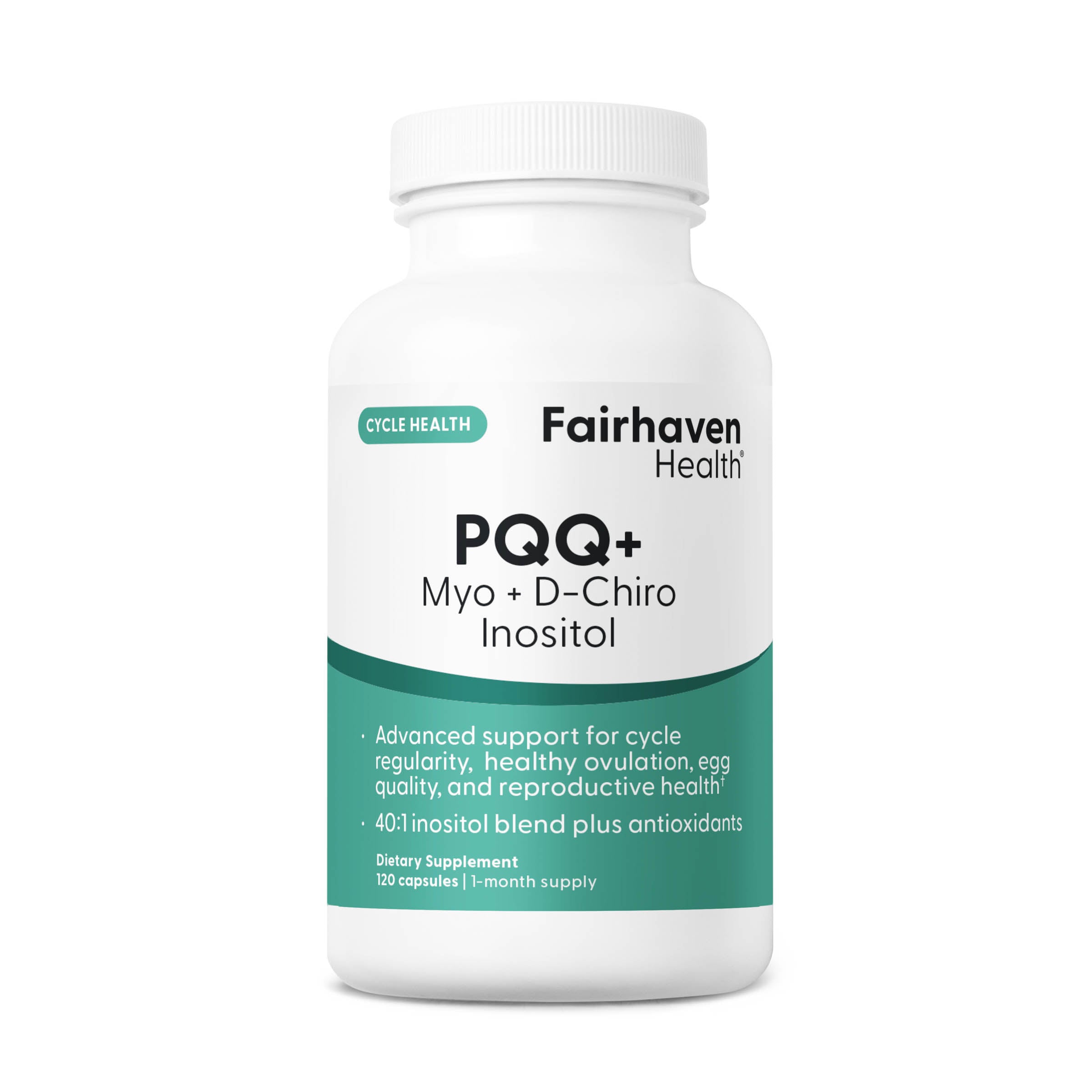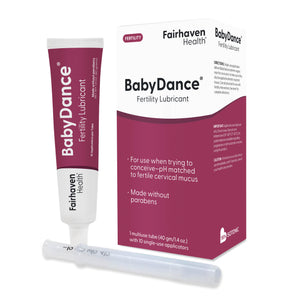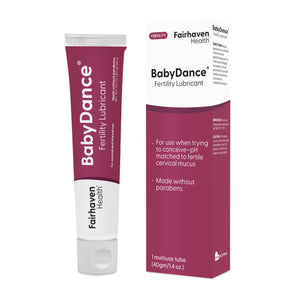by Dr. Lora Shahine
Difficulty trying to conceive is a growing concern for many couples worldwide, affecting up to 1 in 8 couples. While there are many factors that can contribute to getting pregnant, such as age, genetics, and underlying health conditions, diet can play a significant role in improving fertility in both men and women. In this article, we will explore some of the best foods to eat to improve your fertility.
1. Fruits and Vegetables
Fruits and vegetables are an essential part of a healthy diet, and they are also great for improving fertility. They are rich in antioxidants, vitamins, and minerals that are essential for reproductive health. Some of the best fruits and vegetables to eat include:- Berries (blueberries, strawberries, raspberries): Berries are packed with antioxidants, which can help protect against cell damage and inflammation that can affect fertility.
- Leafy Greens (spinach, kale, collard greens): Leafy greens are rich in folate, which is essential for fetal development and can improve fertility in women.
- Carrots: Carrots are high in beta-carotene, which can improve sperm health in men.
- Citrus fruits: Citrus fruits are high in vitamin C, which can improve sperm motility and protect against sperm damage.
2. Whole Grains
Whole grains are an excellent source of fiber, vitamins, and minerals that can improve overall health and fertility. They are also low on the glycemic index, which means they can help regulate blood sugar levels and reduce insulin resistance. Some of the best whole grains to eat include:- Quinoa: Quinoa is high in protein and fiber, which can improve reproductive health in both men and women.
- Brown rice: Brown rice is rich in selenium, which can improve sperm health in men.
- Oats: Oats are high in fiber and can help regulate ovulation in women.
3. Lean Proteins
Protein is an essential nutrient that is necessary for the growth and repair of tissues in the body. Lean proteins are a great source of high-quality protein that can improve fertility in both men and women. Some of the best lean proteins to eat include:- Fish: Fish is high in omega-3 fatty acids, which can improve sperm count and motility in men and promote ovulation in women.
- Poultry: Poultry is a great source of lean protein that can improve fertility in both men and women.
- Legumes: Legumes are high in protein and fiber and can improve reproductive health in both men and women.
4. Healthy Fats
Healthy fats are essential for reproductive health, as they can improve hormone balance and reduce inflammation in the body. Some of the best sources of healthy fats include:- Avocado: Avocado is high in monounsaturated fats, which can improve hormone balance and reproductive health in women.
- Nuts and seeds: Nuts and seeds are high in healthy fats, fiber, and protein and can improve fertility in both men and women.
- Olive oil: Olive oil is high in monounsaturated fats and can improve hormone balance and reproductive health in women.
5. Water
Drinking enough water is crucial for overall health and fertility. Water can help regulate body temperature, improve digestion, and flush toxins out of the body. Drinking at least eight glasses of water a day can help improve fertility in both men and women. A healthy diet can play a significant role in improving fertility in both men and women. By incorporating these foods into your diet, you can improve your reproductive health and increase your chances of conceiving. However, it is important to note that diet alone cannot cure all fertility issues, and it is always best to consult with a healthcare professional if you are experiencing fertility issues.
References:
Ricci E, Bravi F, Noli S, et al. Mediterranean diet and the risk of poor semen quality: a cross sectional analysis of men referring to an Italian fertility clinic. Andrology 2019;2:156-162.
Gaskins AJ, Nassan FL, Chiu YH, et al. Dietary patterns and outcomes of assisted reproduction. Am J Obstet Gynecol 2019;220:567.e1-18.
Chiu YH, Williams PL, Gillman MW, et al. Association between residue pesticide intake from consumption of fruits and vegetables and pregnancy outcomes among women undergoing infertility treatment with assisted reproductive technology. JAMA 2018;178:17-26.
Ganie MA, Sahar T, Rashid A, et al. Comparative evaluation of biomarkers of inflammation among Indian Women with Polycystic Ovary Syndrome (PCOS) consuming vegetarian vs. Non-vegetarian diet. Front Endocrinol 2019;8:699.
Grieger JA, Grzeskowiak LE, Bianco-Miotto T, et al. Pre-pregnancy fast food and fruit intake is associated with time to pregnancy. Hum Reprod 2018;33:1063-1070.
Ricci E, Noli S, Cipriani S, et al. Maternal and paternal caffeine intake and ART outcomes in couples referring to an Italian fertility clinic: A prospective cohort. Nutrients 2018;10. PMID:30126155
Cooper AR. To eat soy or to not eat soy: The ongoing look at phytoestrogens and fertility. Fertil Steril 2019;112:825-826.
Jurkiewicz-Przondziono J, Lemm M, Kwiatkowska-Pamula A, et al. Influence of diet on the risk of developing endometriosis. Ginekologia Polska 2017;88:96-102.
 Dr. Lora Shahine, reproductive endocrinologist at Pacific NW Fertility and clinical faculty at the University of Washington in Seattle, completed her fellowship in reproductive endocrinology at Stanford University and residency in obstetrics and gynecology at the University of California in San Francisco. She is dedicated to educating and advocating for increased awareness of infertility, miscarriage, and the impact on environmental toxins on health through an active social media presence, teaching, clinical research, her books including best-selling, Not Broken: An Approachable Guide to Miscarriage and Recurrent Pregnancy Loss, and her podcast, Baby or Bust. Find her at drlorashahine.com and on Instagram, YouTube, TikTok, and Twitter.
Dr. Lora Shahine, reproductive endocrinologist at Pacific NW Fertility and clinical faculty at the University of Washington in Seattle, completed her fellowship in reproductive endocrinology at Stanford University and residency in obstetrics and gynecology at the University of California in San Francisco. She is dedicated to educating and advocating for increased awareness of infertility, miscarriage, and the impact on environmental toxins on health through an active social media presence, teaching, clinical research, her books including best-selling, Not Broken: An Approachable Guide to Miscarriage and Recurrent Pregnancy Loss, and her podcast, Baby or Bust. Find her at drlorashahine.com and on Instagram, YouTube, TikTok, and Twitter.







